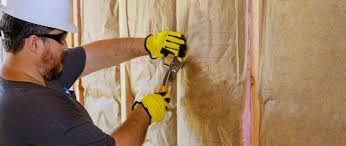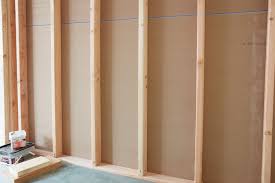How to Insulate Your House from the Heat in Georgia

Living in Georgia means enjoying warm summers with plenty of sunshine — but it also means battling intense heat that can drive up your energy bills and make your home uncomfortable. One of the most effective ways to combat Georgia’s hot climate is proper home insulation. Insulating your house helps keep the heat out during scorching summer months, reduces reliance on air conditioning, and creates a more energy-efficient, comfortable living environment.
If you’re wondering how to insulate your house from the heat in Georgia, this guide will walk you through the best materials, techniques, and strategies tailored to the region’s climate. Whether you’re building new or upgrading an existing home, these tips will help you stay cool and save money.
Why Insulation Matters in Hot Climates Like Georgia
Insulation is often associated with keeping homes warm during winter, but it’s equally crucial for keeping heat out during summer. Georgia’s hot, humid climate means your home is constantly fighting rising outdoor temperatures. Without effective insulation, heat easily penetrates your walls, attic, and windows, forcing your AC to work overtime.
Proper insulation:
-
Reduces heat transfer into your living spaces
-
Lowers energy consumption and utility bills
-
Improves indoor comfort by stabilizing temperatures
-
Minimizes strain on HVAC systems
-
Helps with noise reduction and moisture control
Step 1: Insulate Your Attic Properly
Your attic is one of the biggest sources of heat gain in a Georgia home. The sun heats your roof, and without proper insulation and ventilation, this heat seeps down into your living areas.
Best Attic Insulation Materials
-
Spray Foam Insulation: Provides an air-tight seal and high R-value (thermal resistance). Excellent for reducing heat infiltration and sealing cracks.
-
Blown-In Cellulose or Fiberglass: Cost-effective options that fill cavities and reduce airflow.
-
Radiant Barriers: Reflect radiant heat away from your attic floor, significantly lowering temperatures.
Attic Ventilation
In addition to insulation, proper ventilation helps exhaust hot air. Ridge vents, soffit vents, and attic fans improve airflow and keep your attic cooler.



